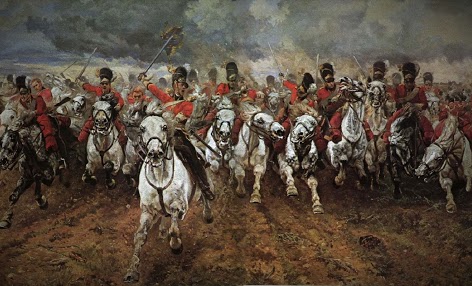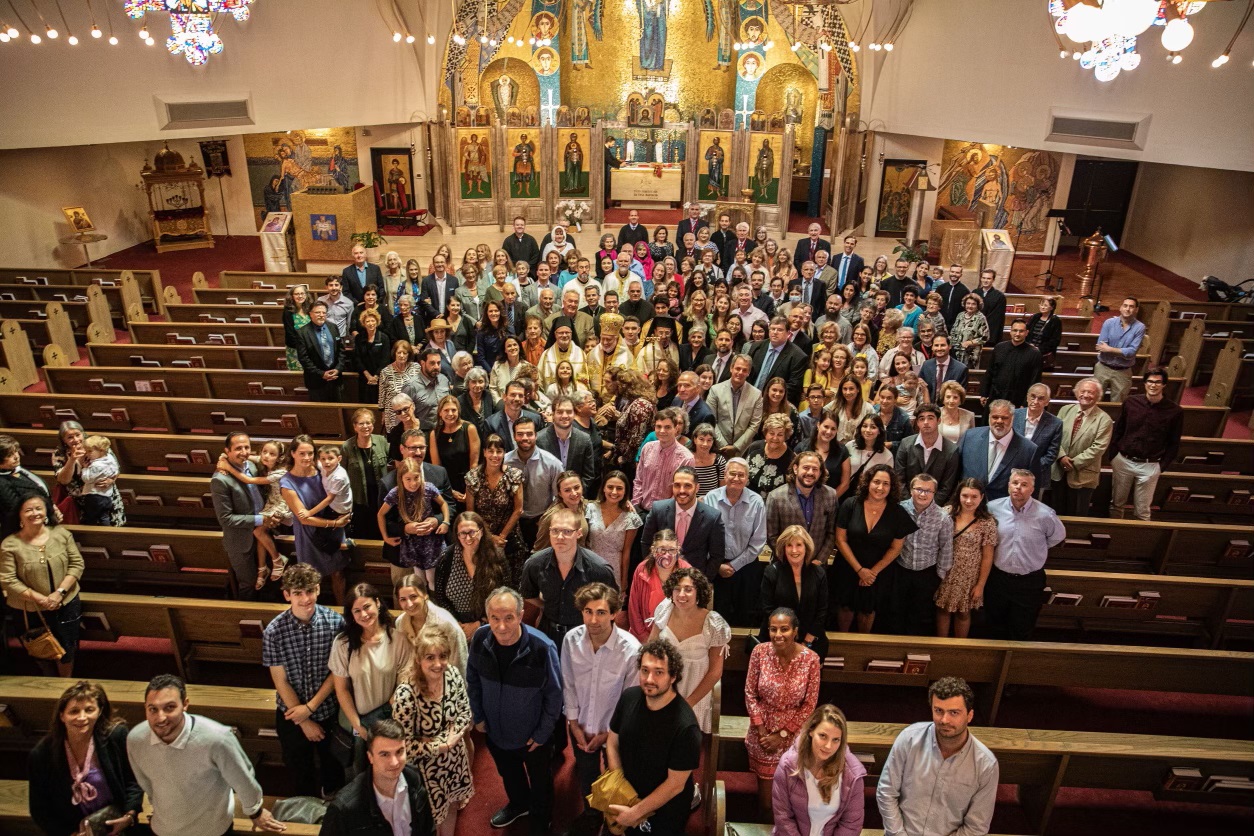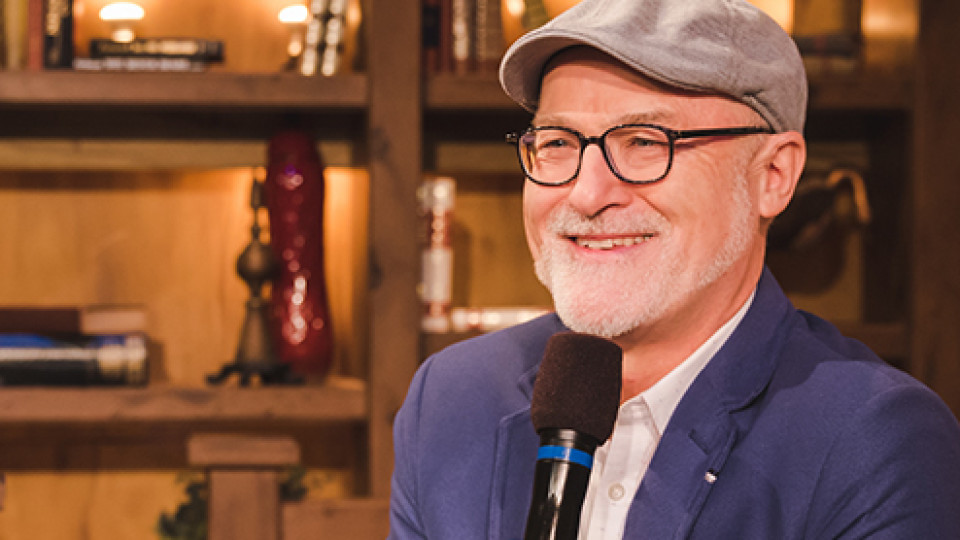A Brief Description Of Maturity Stages
From The Complete Guide to Living With Men © 2004 E. James Wilder
The Goal
THE LIFE CYCLE FROM BIRTH TO DEATH
Both men and women need to understand these growth stages but for different reasons. There isn’t any difference between the life cycle for boys and girls. They must pass through the same stages and transformations, but this book will use mostly male examples. We need to have clear pictures of what male maturity looks like at each stage. Perhaps because so few men mature, they need a clear trail to follow. Men need examples that aren’t too bland. Women need to recognize maturity and the lack of it in men, or they will end up depending on men like Alfonse or Billy. Both men and women will need maps and supplies so they can raise their sons to be men, husbands, fathers and elders.
THE FIRST GOAL: BABY
In chapter one we will look extensively at the INFANT STAGE of the baby boy. The infant must experience strong, loving, caring bonds with his parents. These bonds must meet his needs without his having to ask. He must receive life, and learn to express the life that is in him, to everyone’s delight. During infancy the baby learns to live joyfully in his mother’s world.
The first four years are the baby years. Babies need to receive all good things and learn to express themselves. Each baby learns the value of “just being me” without having to earn anything. During this time his identity will either be built around joy or fear. The child whose “backpack” is filled with joy becomes strong. He will not fear the trails or mountains.
Keeping baby from beginning a life of fear requires breaking life into baby-sized pieces. Each effort leads to letting baby rest in a timely way. The baby years are synchronized to baby’s needs. When life comes in his size, baby learns to synchronize and control his mind and emotions. He learns to quiet himself and soon is ready to synchronize himself with others. Relationships that are both joyful and peaceful result from getting his timing right.
These years of infancy prepare him for weaning. In our culture, weaning from the breast or bottle is rarely timed to coincide with when the child can take care of himself. We rush our children into independence as fast as possible. Weaning from infancy is the change from baby to boy. Once a baby has learned to take basic care of his needs, he can transform into a boy who can begin living in his father’s world. He moves from life in his home toward life in both his home and community.
The goal for infancy is for babies to organize a strong, joyful, synchronized identity.
THE SECOND GOAL: BOY
The CHILD STAGE begins as the baby becomes a boy at about age four. We will explore the boy’s world in chapter three. Once weaned, and able to begin taking care of himself, he will be called a boy and will get quite angry if called a baby.
A boy is more complex than a baby. Boys must learn to ask for the things they need. They must make themselves understandable to others. Boys must discover what satisfies them each day. To do this, each boy must learn to act exactly like himself–like the boy he is in his heart. Boys must develop their talents and resources. Their performance must be self-expression but not as a way to earn approval or love. Boys must learn to receive and give life freely. They must learn to do hard things, things that they don’t feel like doing at the time, but which are important and satisfying later. Each boy learns how to pack and carry his own backpack, read a map, keep moving on the trail and enjoy the view.
In preparation for manhood, boys must learn the “big picture” of life. This overall picture of life and maturity becomes his “topo” map. He must also learn the history of his own family because his big picture of life must first apply to people he knows. Family history tells him where he is on his map.
The goal for childhood is to teach a boy to take care of one person–himself. Taking care of himself must be second nature before he can take care of two or more people at the same time, as men do.
THE THIRD GOAL: MAN
Ideally, the ADULT STAGE begins at age thirteen. The well prepared boy can take excellent care of one person, himself. Given the necessary guidance, the young man is now ready to satisfy the needs of more than one person at a time. Like the other transformations, this one is physical as well as mental and social. His identity will try to reorganize itself and without an older guide, he will end up in a disorganized state. We will look at this in chapter five.
It takes a while to climb the many peaks that separate a self-centered boy from a both-centered man. Adult terrain is where he learns to drive a hard bargain, fair for him and fair for the other. A man looks out for the needs of others as though they were as important as his own. When a man does business, the person he is dealing with gets equal, fair treatment. This stage of development usually takes men into their early twenties. By that time, a man should be able to bargain hard, get a fair deal, not be intimidated by other men, protect others from himself when necessary and take care of a small group to everyone’s satisfaction.
A man wants his effects to reflect his personal character and style. Everything he does must meet this heart-based standard. His adult identity finds its highest challenge in marriage. A man is ready for marriage near the end of the adult stage. By that time he is proficient in sharing life for mutual satisfaction. Because he and she are both adults, they can each take care of themselves and others simultaneously. This kind of partnership is characteristically adult. Sharing life in a way that creates a mutually satisfying story–or imprint on history–brings great joy to adults.
The goal for men is to become a satisfying part of history. A man knows that what he does impacts other people. Therefore he carefully insures that his impact on history (his story) is a good one.
THE FOURTH GOAL: FATHER
In the PARENT STAGE a man uses all he has learned in the first three stages to reach his highest peak–giving life. He already knows what he needs and feels. He is looking out for others like he does for himself. He now learns to give without receiving in return, as we will see in chapter eight. This makes him a father.
You know that you are a father when your child keeps you up all night, screaming in your ear, spitting up on your shirt, and then showing no appreciation for your efforts. You could have bargained hard, like a man, and said, “I’ll stay up with you tonight but tomorrow night you must carry me around,” but you didn’t. Instead you gave without demanding in return. This is the mountain peak you have trained for all your life. As you start this ascent, you know you are a dad.
The father knows what he needs. He already reached his infant goals. No one stays up all night and says, “I never need to sleep.” He can express his feelings about it as well, “I’m tired but I love my child.” He can take care of himself in the morning using the skills he learned as a boy. When his wife takes over, both are satisfied with the baby’s care. At work he drives a hard bargain, but at home he climbs above the tree line into unselfish giving. Only the man who has completed the first three stages can enjoy the climb.
Dad passes on the gift of grace by his unselfish giving. His child learns about having value without having to earn it. By staying up all night Dad says, “My child, you have great value to me. Even if you keep me up all night, spit up on my shirt, mess in your diapers and scream in my ear. Even if you do not care that I am here, you have more than enough value to lose sleep over.” That is a dad’s heart.
Dad represents God to his family. The chance to portray God is the greatest honor that anyone can have. The father becomes an example of God’s heart and character through his unselfish giving.1 This takes a while, and a father is getting the hang of it about the time his children
1I know that some of you have forgotten already that fatherhood is after adult mutuality. Adults understand that representing God to children is a mutual task. Father and mother both represent God. Immaturity makes us think that it must be one or the other. It is both parents as become teens. By that time, unselfishness should be second nature to Dad, he will need it.
To be a giver of life, a father must have received enough life that he can spare some. He must share a home where he can protect, serve and enjoy. He must have a share in finding the resources that allow his children to mature.
The goal of fatherhood is to give life joyfully. As a father gives life, his children grow strong.
THE FIFTH GOAL: ELDER
An elder is a father to his community. He is able to treat children who are not biologically his children with the same unselfish care he learned to give to his own. We will study the ELDER STAGE in chapter twelve.
After his children have become men and women, a truly grand-father becomes a guide. He helps those who are climbing for the first time. He rescues those who didn’t bring maps, forgot their supplies, or even got lost. Elders give life to the “familyless”–the widows, orphans and strangers. They help their community to mature and reach its identity.
Trust is built by elders because they live transparent lives. They no longer hide what they feel so they can be “cool.” They are real in ways they haven’t been since they were children. They no longer need to protect themselves because they have learned to suffer well. Elders don’t withdraw when things go wrong and people fail to live from their hearts. Through authentic involvement, elders resynchronize their community from its broken relationships, failures and failed trust. Elders may not do the work but they help others get their timing right. “This is not the time for that,” they say and then again, “this is the time to do something else.”
Many people could use an elder or a grandfather. In our society we expect older people to buy a Winnebago and drive into the sunset. We, therefore, have few elders, few spare fathers, few guides, and few people helping those in need. There is a great lack of elders in our churches and communities. We need men who have been to the mountain.
Old mountaineers die when they have no one to guide. Each elder must have a community of his own, a place where he is recognized and trusted as an elder. Elders must be given a proper place in the community structure for they would not use force to take it.
“I know just what you need,” must echo again in the canyons.
Every elder prepares to face his greatest transformation–a plunge into Iceberg Lake. When elders die, it is a time of great blessing. This is the final decontamination process from all that may have gone wrong on his journey. Everything about him that received and gave life emerges beyond Iceberg Lake. Anything about him that gave death, stays in the lake forever.
The goal for elders is to help their community grow up. Elders raise communities the way parents raise children. Under elders, communities reach their full maturity.
SUMMARY OF NEEDS & TASKS
THE INFANT STAGE Ideal Age: Birth > Age 4
Needs
- Joy bonds with both parents that are strong, loving, caring, secure
- Important needs are met without asking
- Quiet together time
- Help regulating distress and emotions
- Be seen through the “eyes of heaven”
- Receive and give life
- Have others synchronize with him first
Tasks
- Receive with joy
- Learn to synchronize with others
- Organize self into a person through imitation
- Learn to regulate emotions
- Learn to return to joy from every emotion
- Learn to be the same person over time
- Learn self-care skills
- Learn to rest
THE BOY STAGE Ideal Age: Ages 4 > 13
Needs
- Weaning
- Help to do what he does not feel like doing
- Help sorting feelings, imaginations and reality
- Feedback on guesses, attempts and failures
- Be taught the family history
- Be taught the history of God’s family
- Be taught the “big picture” of life
- Tasks
- Take care of self (one is enough right now)
- Learn to ask for what he needs
- Learn self-expression
- Develop personal resources and talents
- Learn to make himself understandable to others
- Learn to do hard things
- Learn what satisfies
- See self through the “eyes of heaven”
THE YOUNG MAN STAGE Ideal Age: Age 13 > first child
Needs
- A rite of passage
- Time to bond with peers and form a group identity
- Inclusion by the same-sex community
- Observing the same sex using their power fairly
- Being given important tasks by his community
- Guidance for the personal imprint they will make on history
- Opportunities to share life in partnership
Tasks
- Take care of two or more at the same time
- Discover the main characteristics of his heart
- Proclaim and defend personal and community (group) identity
- Bring self and others back to joy simultaneously
- Develop a personal style that reflects his heart
- Learn to protect others from himself
- Learn to diversify and blend roles
- Life-giving sexuality
- Mutual satisfaction in a relationship
- Partnership
THE FATHER STAGE Ideal Age: From first child until youngest child becomes an adult at 13
Needs
- To give life
- An encouraging partner
- Guidance from elders
- Peer review from other fathers
- A secure and orderly environment
Tasks
- Giving without needing to receive in return
- Building a home
- Protecting his family
- Serving his family
- Enjoying his family
- Helping his children reach maturity
- Synchronizing with the developing needs of: children, spouse, family, work, & church
THE ELDER STAGE Ideal Age: Youngest child is an adult
Needs
- A community to call his own
- Recognition by his community
- A proper place in the community structure
- Have others trust them
Tasks
- Hospitality
- Giving life to those without families
- Parent and mature his community
- Build and maintain a community identity
- Act like himself in the midst of difficulty
- Enjoy what God puts in each person in the community
- (Seeing each of them through ‘eyes of heaven’)
- Building the trust of others through the elder’s own transparency and spontaneity




